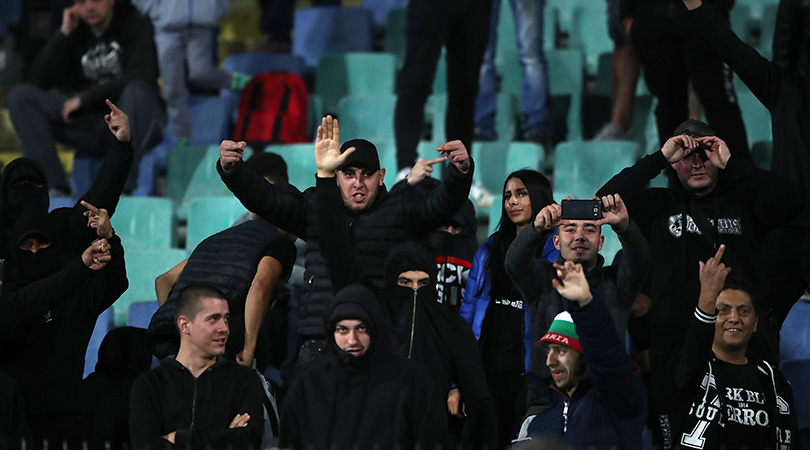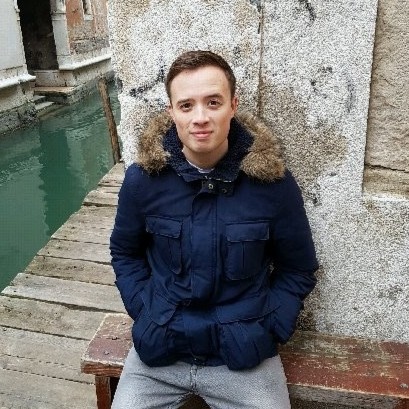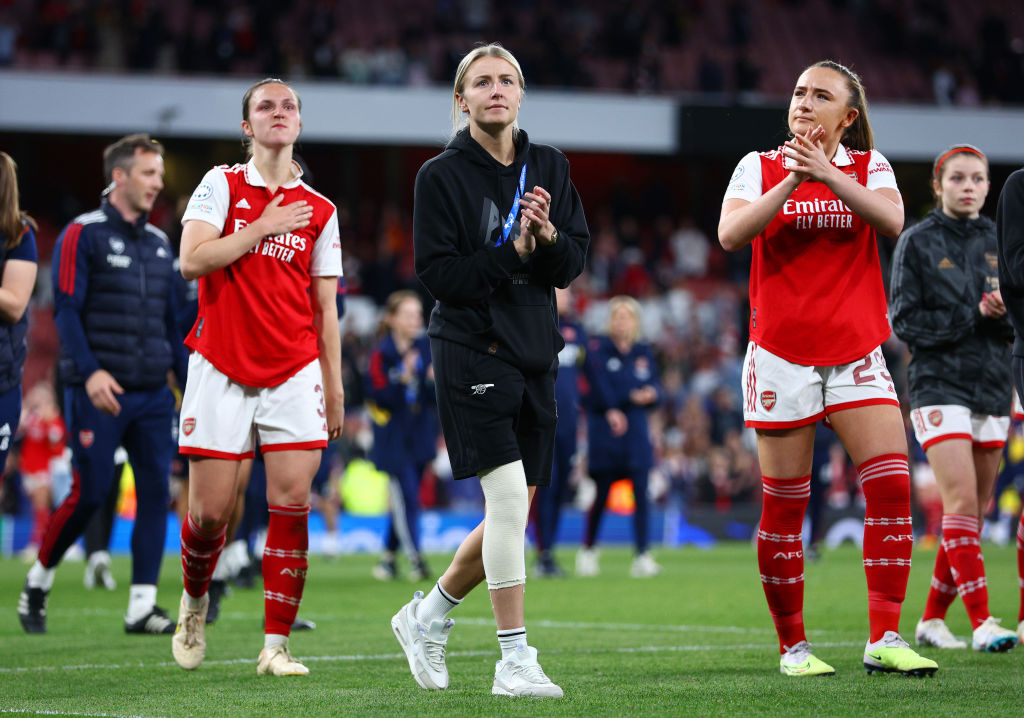Wake up, UEFA – it's time to finally start hitting the racists where it hurts
Once again, England players have been subjected to vile abuse in Bulgaria. But what to do about a problem that continues to plague society?

“It’s disgusting that UEFA puts so much effort in negotiating its multi-million deals and is doing little to target racism specifically. Taunting of black players will continue to rise unless something is done.”
Not Monday night, but 17 years ago from MEP Claude Moraes. The same conversation; the same widespread derision. The familiar weak conclusion: condemn, fine, get on with it.
The year is 2002 and PSV Eindhoven have faced up to a £13,000 wrist-slap for their fans' racist abuse of Arsenal forward Thierry Henry. The Eredivisie club appealed. The fine was increased. Everybody moved on.
Earlier that month, UEFA had released its 10-point plan for tackling racism, referring to unspecified "disciplinary action against spectators and players who engage in racist abuse; preventing the sale of racist literature inside and outside stadiums" and more.
But there lies the issue. what is punishment? A fine is a grievance, not a deterrent. It doesn't punish the racists themselves but football associations and faceless clubs that spend less on one player's weekly salary.
Football is, as ever, an extension of society, but it faces a major issue that – for once – money can't solve. Nazis are society's problem, not our game's, but that doesn't mean a sport that reaches billions worldwide can't do anything about it.
One again, England players have been exposed to such pond life on their travels. Earlier this qualifying campaign it was Montenegro who were 'punished' by UEFA for their fans' actions, surmounting to a €20,000 fine and one match to be played behind closed doors. "I just hope I don't ever have to play there again," admitted a glum Danny Rose after hearing of a ruling that 'wasn't enough'.
Get FourFourTwo Newsletter
The best features, fun and footballing quizzes, straight to your inbox every week.
I tried to engage the Bulgaria manager about tonight's racism after Krasimir Balakov said he didn't hear anything. A few locals tutted when I asked a follow-up question about whether he was surprised the match was halted given he was unaware of any racism— Simon Peach (@SimonPeach) October 14, 2019
This time, Gareth Southgate's players had admitted they were prepared to walk off if needs be, as per UEFA's protocol which was observed in Sofia. First, Southgate alerted officials and a message was relayed over the public address system; second, play was halted for a reasonable period while the referee spoke to management. A third strike would have been abandonment.
On this occasion, England's players chose to rise above it. Whether that was the right or wrong thing to do remains up for debate – a cursory glance of social media during the troubles revealed mixed views about what truly means taking a stand.
Last time, post-Montenegro, Southgate had responded with sad self-reflection.
“I'm reflecting on should I have done more?” he said. “In the end, I think I tried to protect my players as much as I possibly can. I'm not the authority on the subject. I'm a middle-aged white guy speaking about racism. I'm just finding it a really difficult subject to broach because I want my players to enjoy playing football and not be scarred by the experiences. If people feel I should have done more, then I can only apologise for that.”
This time he was more prepared and, as ever, it was Southgate offering up the most level-headed sentiments on another shameful night for football. FA chairman Greg Clarke called it “one of the most appalling nights I’ve seen in football”.
“I know that whatever we do might be perceived as not being enough but I think we’ve made a major statement,” said Southgate. “We’ve made a major statement with the way we played, through such difficult circumstances. I don’t think a game of this magnitude has ever been stopped twice. So, I’m incredibly proud of all of the players and all of the staff.
“We could be criticised for not going far enough but I think we’ve made a huge statement and, frankly, we were in an impossible situation to get it right to the satisfaction of everybody.
“The players were all absolutely adamant they wanted to keep playing but also we knew, if there was anything in the second half, we’d be reporting it and coming off.”
How anyone can still argue playing through the racist abuse is just unfathomable. Time to make a stand and come off. Hammering them only delays an actual solution.— Darren Lewis (@MirrorDarren) October 14, 2019
If you Google ‘UEFA racism’ and you’re hit with a list of well-intentioned guff about from European football’s governing body. All well and good, but their relative inaction is anything but. If recent years are to go by, they might want to reflect on why dishing out the same punishments keep getting them what they've always got.
Last season, Napoli centre-back Kalidou Koulibaly was subjected to racist abuse from Inter Milan fans. Post-match, manager Carlo Ancelotti revealed that his team had requested the game be suspended three times to no avail. The abuse continued, Koulibaly was later sent off and faced a two-match ban. Inter’s punishment was two matches behind closed doors, plus a third with the curva sud shut.
Not that it’s a problem restricted to the continent, as Southgate was forced to concede after the Bulgaria match.
“Sadly, because of their (the players') experiences in our own country, they are hardened to racism,” he said. “I don’t know what that says about our society but that’s the reality. It actually saddens me.”
In England across 2018/19, Mo Salah was subjected to abuse at West Ham, Millwall were charged in February for racist changing against Everton, Huddersfield’s Phil Billing was insulted by a fan of his own club and Tottenham’s Son Heung-min was targeted by one supporter against Manchester United.
But let's not kid ourselves: racism is a far bigger problem on the continent, where the abuse is often ignored and tolerated by those who should know far better. Bulgaria manager Krasimir Balakov had lit the fuse pre-match with an outlandish suggestion that England had a bigger problem than his own country with discrimination, and turned a blind eye to home fans' insults after the game.
"I personally did not hear the chanting you are most probably referring to," he said. "I saw that the referee stopped the game. But I also have to say the unacceptable behaviour was not only on behalf of the Bulgaria fans but also the England fans, who were whistling and shouting during the Bulgaria national anthem, and during the second half they used words against our fans which I find unacceptable.
'To be honest, this has not happened to us before. The disciplinary measures by UEFA were not because of racist chanting but because of a banner from an organisation which is not forbidden by Bulgarian law."
Mmmmh ... Not sure about this one chief https://t.co/Jyjr6vFtA8— Raheem Sterling (@sterling7) October 14, 2019
NEWS Moves underway to take action against Bulgarian racism
As usual, these are isolated incidents and beg the question of whether many should be punished by the actions of a few. The alternative seems fairly straightforward – bringing individuals to justice with aggressive bans, as should be the first course of action – but clubs and associations must also be hit where it hurts if they’re to work harder and change attitudes themselves. Fines don't work. Matches behind closed doors don't work. Banners certainly make no difference.
Competition expulsions might, though.
Do UEFA really have any other choice? Extreme behaviour calls for extreme measures; only then might the countries whose citizens continue to blight society stand up and begin taking appropriate responsibility. Nobody is kidding themselves that there's an easy solution to a complex issue dealing with centuries of appalling attitudes ingrained in culture. Football alone cannot tackle them.
But it must try harder. Throw the book, lay down the law and take a stand. It’s the only way to really say no.
While you're here, why not take advantage of our brilliant subscribers' offer? Get 5 issues of the world's finest football magazine for £5 – the game's greatest stories and best journalism direct to your door for less than a pint in London. Cheers!
SEE ALSO Exclusive: Labour pledge to introduce safe standing before 2020/21 season
Joe was the Deputy Editor at FourFourTwo until 2022, having risen through the FFT academy and been on the brand since 2013 in various capacities.
By weekend and frustrating midweek night he is a Leicester City fan, and in 2020 co-wrote the autobiography of former Foxes winger Matt Piper – subsequently listed for both the Telegraph and William Hill Sports Book of the Year awards.

